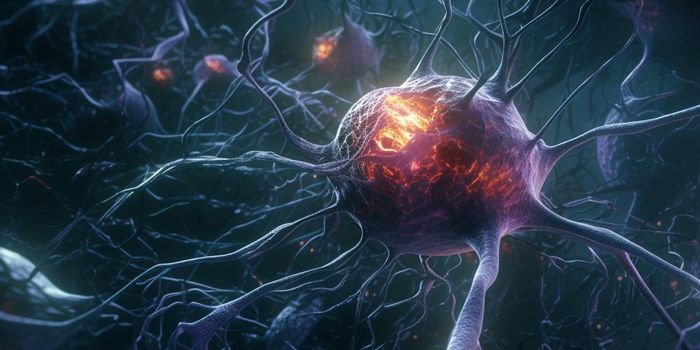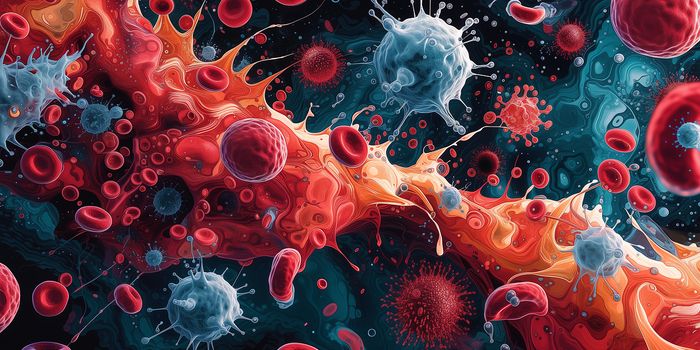Food Additive Alters Gut Bacteria, Promotes Colorectal Cancer
Emulsifiers, common food additives used to enhance the smoothness of food textures, have been linked to colon cancer in mice. In particular, a study found evidence that these food ingredients alter the gut microbiota, facilitating a pro-inflammatory environment for cancer to sprout.
The importance of the microbiome has only being fully realized and appreciated in the recent years. The microbiome is a specialized collection of bacteria residing in specialized niches of the body. Mostly famous for their existence in the human gut, these communities of microorganisms have been known to influence processes like digestion and immune responses.
The gut microbiota, in particular, has been linked to inflammatory bowel diseases such as Crohn’s disease and ulcerative colitis. In turn, these diseases increase the risk for colon cancer. “The incidence of colorectal cancer has been markedly increasing since the mid-20th century,” said Emilie Viennois, assistant professor at Georgia State University. “A key feature of this disease is the presence of an altered intestinal microbiota that creates a favorable niche for tumorigenesis.”
Given previous research that suggest food additives alter the microbiota and influence colon cancer risks, the team at Georgia State investigated whether emulsifiers were part of the cancer-causing culprits.
They fed mice with polysorbate 80 and carboxymethylcellulose, 2 very commonly used emulsifiers. Indeed, mice fed these ingredients showed a less diverse gut microbiota. In addition, the shift favored a pro-inflammatory environment, which made it easier for cancer to develop.
To prove the relationship between emulsifiers and the gut microbiome, researchers fed emulsifiers to germ-free mice. Since these mice had no gut microbiome to begin with, they showed no adverse effects from the emulsifier diet.
“The dramatic increase in these diseases has occurred amidst constant human genetics, suggesting a pivotal role for an environmental factor," said Benoit Chassaing, assistant professor in the Institute for Biomedical Sciences and the study’s first author.
The study results reiterate the role bacteria play in an organism’s health, for better or for worse. It also points to potential therapeutic targets in preventing or treating colorectal cancer. Of note, this cancer is the third most commonly diagnosed cancer type in the world. According to a recent report, the incidence of colorectal cancer is expected to increase by 60% to more than 2.2?million new cases and 1.1?million deaths by 2030.
Additional sources: MNT, Georgia State University









